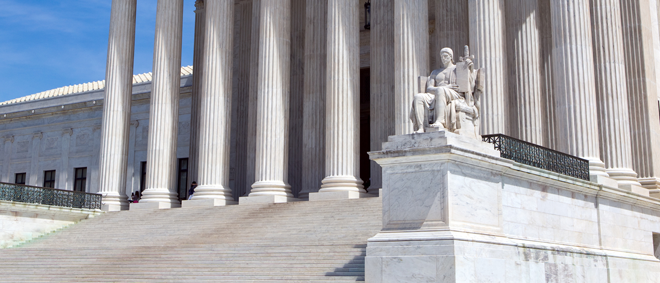Frontline workers of certain large grocery and pharmacy retailers in Los Angeles County and other municipalities across the state may soon receive an additional $4.00 to $5.00 an hour in “hero pay” or “hazard pay” during the COVID-19 pandemic.
Continue Reading California Municipalities Move Closer to Requiring Hazard Pay for Grocery and Pharmacy Workers








